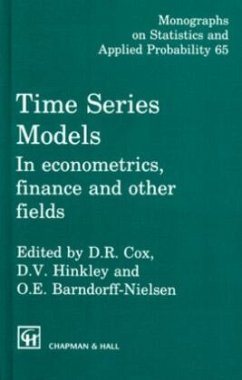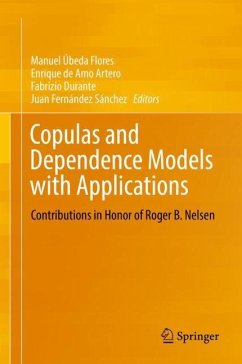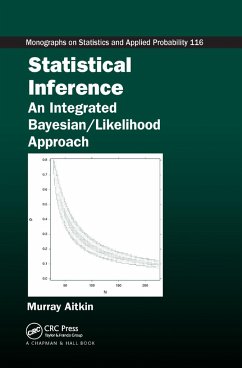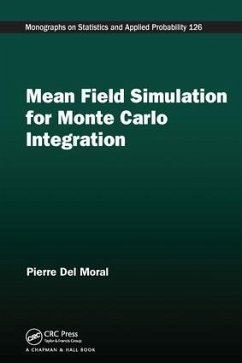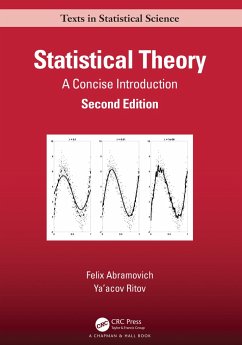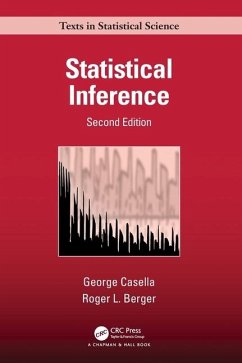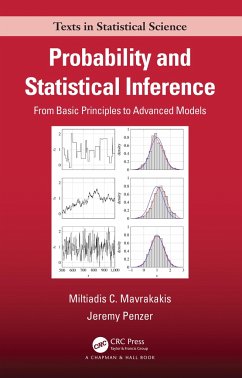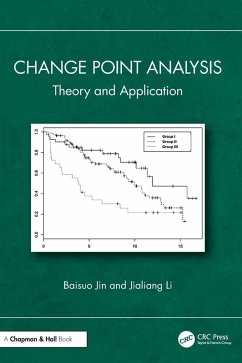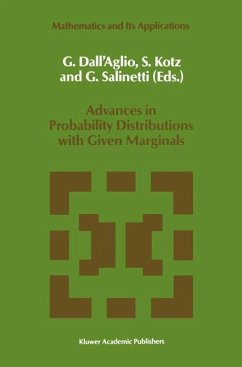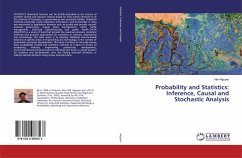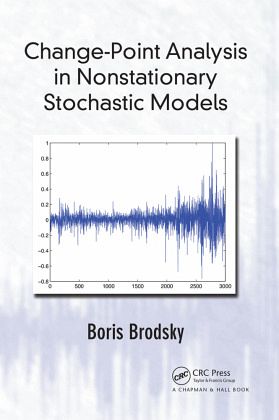
Change-Point Analysis in Nonstationary Stochastic Models
Versandkostenfrei!
Versandfertig in 6-10 Tagen
46,99 €
inkl. MwSt.

PAYBACK Punkte
23 °P sammeln!
This book covers the development of methods for detection and estimation of changes in complex systems. These systems are generally described by nonstationary stochastic models, which comprise both static and dynamic regimes, linear and nonlinear dynamics, and constant and time-variant structures of such systems. It covers both retrospective and sequential problems, particularly theoretical methods of optimal detection. Such methods are constructed and their characteristics are analyzed both theoretically and experimentally.Suitable for researchers working in change-point analysis and stochast...
This book covers the development of methods for detection and estimation of changes in complex systems. These systems are generally described by nonstationary stochastic models, which comprise both static and dynamic regimes, linear and nonlinear dynamics, and constant and time-variant structures of such systems. It covers both retrospective and sequential problems, particularly theoretical methods of optimal detection. Such methods are constructed and their characteristics are analyzed both theoretically and experimentally.
Suitable for researchers working in change-point analysis and stochastic modelling, the book includes theoretical details combined with computer simulations and practical applications. Its rigorous approach will be appreciated by those looking to delve into the details of the methods, as well as those looking to apply them.
Suitable for researchers working in change-point analysis and stochastic modelling, the book includes theoretical details combined with computer simulations and practical applications. Its rigorous approach will be appreciated by those looking to delve into the details of the methods, as well as those looking to apply them.



